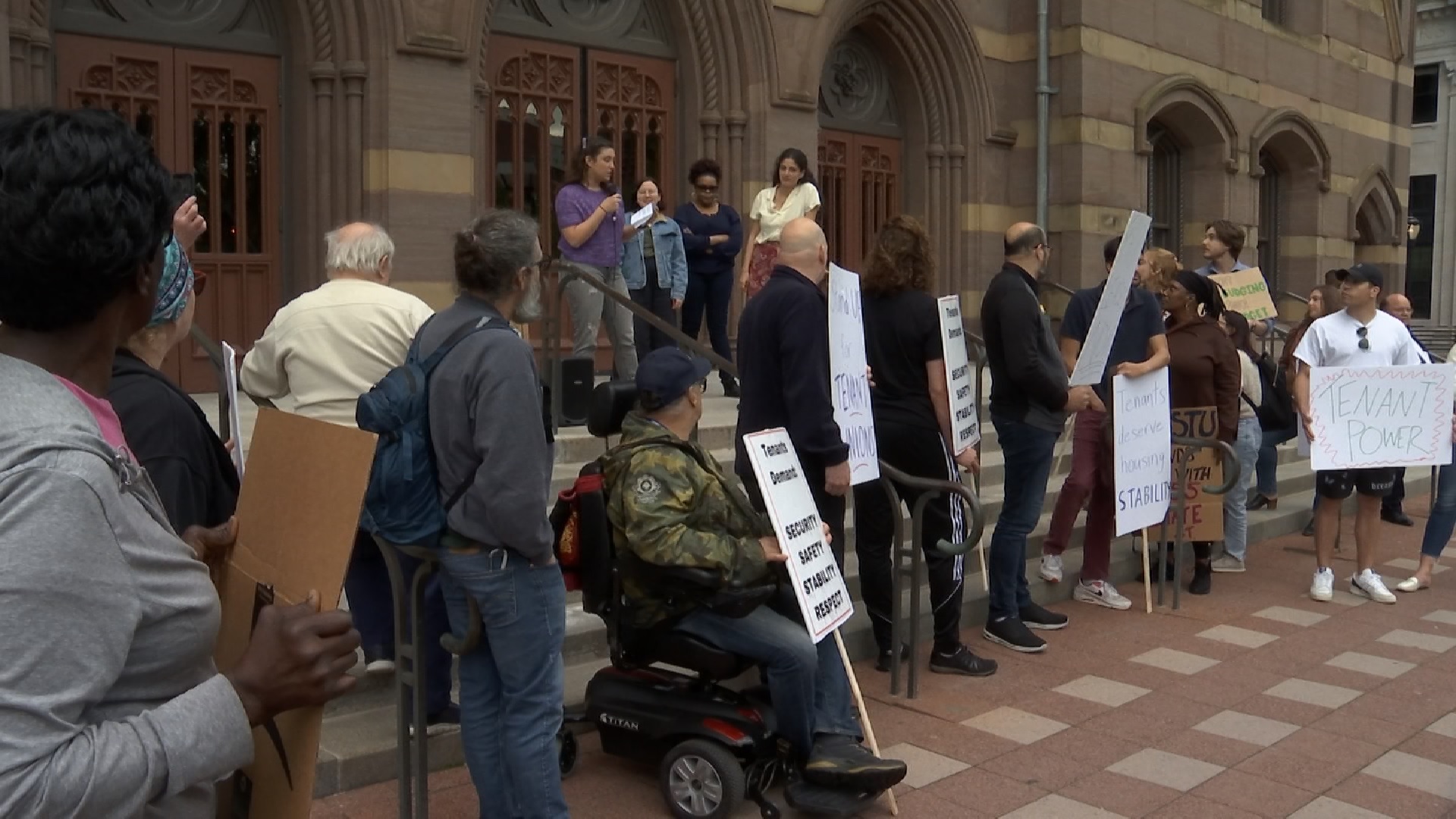It was the 911 call in May of 2018 to a downtown Hartford apartment building that would change then Hartford police officer Jill Kidik’s life forever. Kidik was the first to respond to what she was told was a landlord/tenant dispute at the Spectra apartments. But moments after making it to the ninth-floor unit, s was stabbed three times in the neck by a tenant experiencing a mental health crisis.
“No one thought that at 9 o’clock in the morning I was going to walk into a building and come out almost dead,” Kidik said.
The gripping moments after, heard and seen in 911 dispatch calls and surveillance video, show an all-out response by Hartford police to save one of their own.
“If I had understood better what had been happening now in retrospect of seeing the videos that showed in trial, I would not have gone up there by myself,” Kidik said.
Get Connecticut local news, weather forecasts and entertainment stories to your inbox. Sign up for NBC Connecticut newsletters.
Kidik did not know was that the woman who attacked her, Chevoughn Augustin, had a history of mental health challenges, none of which were known to Hartford police.
Kidik says mobile crisis teams, who officers often work with on mental health calls know that information but even so, Kidik says they aren’t always available when police need them.
“They would’ve already known a little bit of her history as they have access to that and police departments do not and it would’ve been a very different situation,” Kidik said.
In August, Augustin was committed to 38 years at Whiting Forensic, the state's maximum-security psychiatric hospital. Kidik says her story highlights the need for an urgent increase in mobile crisis services to that she says are vital to the mental health crisis.
Since the start of the pandemic, the Department of Mental Health and Addiction Services says Connecticut saw a 41% increase in the need for mobile crisis service. Under the American Rescue Plan, Connecticut was initially set to put more than $10 million toward the adult mental health system, including making mobile crisis available 24/7.
“This is an unprecedented rate so we’ve never seen anything like this before,” Nancy Navarretta, acting commissioner of the Department of Mental Health and Addiction Services said.
Navarretta says there are 18 mobile crisis teams across the state and while the initial ARPA dollars set aside for mobile crisis would help expand the services faster, state lawmakers only approved $2.5 million for the services. Navarretta says the money will be put to expanding to 24/7 mobile crisis, a plan she says will be put in to motion early next year.
“People are under increased stress and if you’re vulnerable, you have an existing or pre-existing mental health condition you may be feeling increased stress related to housing or food and stability,” Navarretta said.
Community Health Resources is one of the state’s mobile crisis providers, they say their service is critical in the time of need.
“Our mobile crisis team provides rapid access out in the community often at somebody’s home to start an assessment to see what’s going on that could involve some crisis de-escalation some clinical assessment evidence-based tools,” Senior Program Director Courtney Sheehan said.
Kidik says she shares her story in hopes of encouraging more to be done to help people in need, like Augustin, before things go too far.
“My biggest epiphany is I don’t really have any feelings towards Chevoughn, I’m not angry at Chevoughn, she is a victim and just a different way that I am,” Kidik said.



